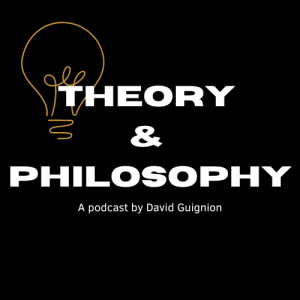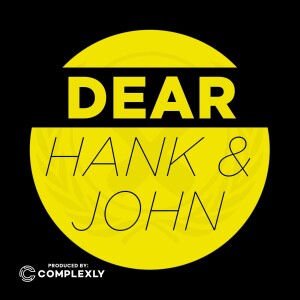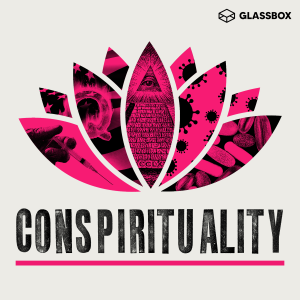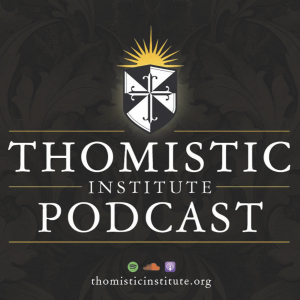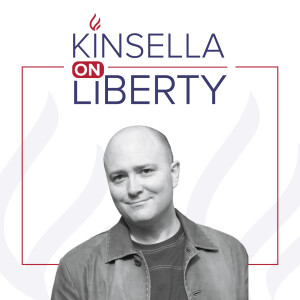

Kinsella on Liberty Podcast: Episode 467.
I was asked one Juani (@witheredsummer), an Argentinian Voluntarist, on Twitter and then later via email, to review his draft article "Ideas Are Free: A Case Against Intellectual Property" (text below) (I note that perhaps ironically, this title is almost identical to one of my own previous publications/speeches, Ideas are Free: The Case Against Intellectual Property: or, How Libertarians Went Wrong). I told him it was too long for me to fisk, got G...
Kinsella on Liberty Podcast: Episode 467.
I was asked one Juani (@witheredsummer), an Argentinian Voluntarist, on Twitter and then later via email, to review his draft article "Ideas Are Free: A Case Against Intellectual Property" (text below) (I note that perhaps ironically, this title is almost identical to one of my own previous publications/speeches, Ideas are Free: The Case Against Intellectual Property: or, How Libertarians Went Wrong). I told him it was too long for me to fisk, got Grok to analyze it (see below), and told him to read up on some of my work and review the analysis, so that we could have a more productive conversation about it, and which I could also at least record for my podcast. This is our discussion.
In the end, he basically identifies many problems with and absurdities with IP law, which he's right about and which I've mentioned, and comes up with some proposals for IP reform that would reduce its harm—again, which he's right about and which I and others have also proposed, but also which are unlikely to be adopted by those infested with the IP mind-virus.
https://youtu.be/AS-8mFZGfnI
GROK SHOWNOTES:
sss
Related:
KOL466 | On IP Reform and Improving IP law
Thomas Merton, The Way of Chuang Tzu (mentioned by guest)
FDA and Patent Reform: A Modest Proposal
“Absurd Arguments for IP”
“The Patent, Copyright, Trademark, and Trade Secret Horror Files”
Boldrin & Levine on Covid-19, Vaccines, the Pharmaceutical Industry, and Patents
Patents and Pharmaceuticals
Update: Patents Kill: Compulsory Licenses and Genzyme’s Life Saving Drug
Patents Kill: Compulsory Licenses and Genzyme’s Life Saving Drug
You wouldn’t download a car!
Whereupon Grok admits it (and AI) is severely gimped by copyright law
Copyrighting all the melodies to avoid accidental infringement | Damien Riehl
IP Imperialism
Libraries: Prepare to burn foreign books, courtesy copyright law (The first-sale doctrine and resale of books)
Libertarian and IP Answer Man: Artificial Intelligence and IP
How long copyright terms make art disappear
Mark Lemley: The Very Basis Of Our Patent System… Is A Myth
Intellectual Property's Great Fallacy
AI and copyright: what future for the UK government's consultation?
Forcing UK creatives to ‘opt out’ of AI training risks stifling new talent, Cambridge experts warn
Infringement risk relating to training a generative AI system
Copyright Infringement by Generative AI Tools Under US and UK Law: Common Threads and Contrasting Approaches.
How a US AI ruling could influence UK copyright policy
Grok analysis of Núñez paper:
Thank you for highlighting Stephan Kinsella’s specific argument regarding patent trolls and “bad patents” versus “good patents” and practicing entities, as articulated in his article ["Patent Trolls Are Preferable to Practicing Entities"](https://c4sif.org/2012/05/patent-trolls-are-preferable-to-practicing-entities/). I’ll incorporate this perspective into the analysis of Juani Nunez’s treatment of patent trolls in "Ideas Are Free: A Case Against Intellectual Property," focusing on whether Nunez demonstrates awareness of Kinsella’s view that the core issue with the patent system lies not with trolls (non-practicing entities, or NPEs) or “bad patents,” but with “good patents” held by practicing entities. I’ll also reassess how this impacts the comparison of their arguments and Nunez’s engagement with Kinsella’s broader critique.
---
### Kinsella’s Argument on Patent Trolls vs. Practicing Entities
In the referenced article, Kinsella argues:
- **Patent Trolls (NPEs) Are Not the Main Problem:** Patent trolls, or non-practicing entities, are firms that hold patents but do not produce products, instead profiting by licensing or suing for infringement. While often criticized for exploiting weak or overly broad patents, Kinsella contends they are a symptom, not the root issue.
View more
Comments (3)
More Episodes
All Episodes>>Create Your Podcast In Minutes
- Full-featured podcast site
- Unlimited storage and bandwidth
- Comprehensive podcast stats
- Distribute to Apple Podcasts, Spotify, and more
- Make money with your podcast
It is Free
